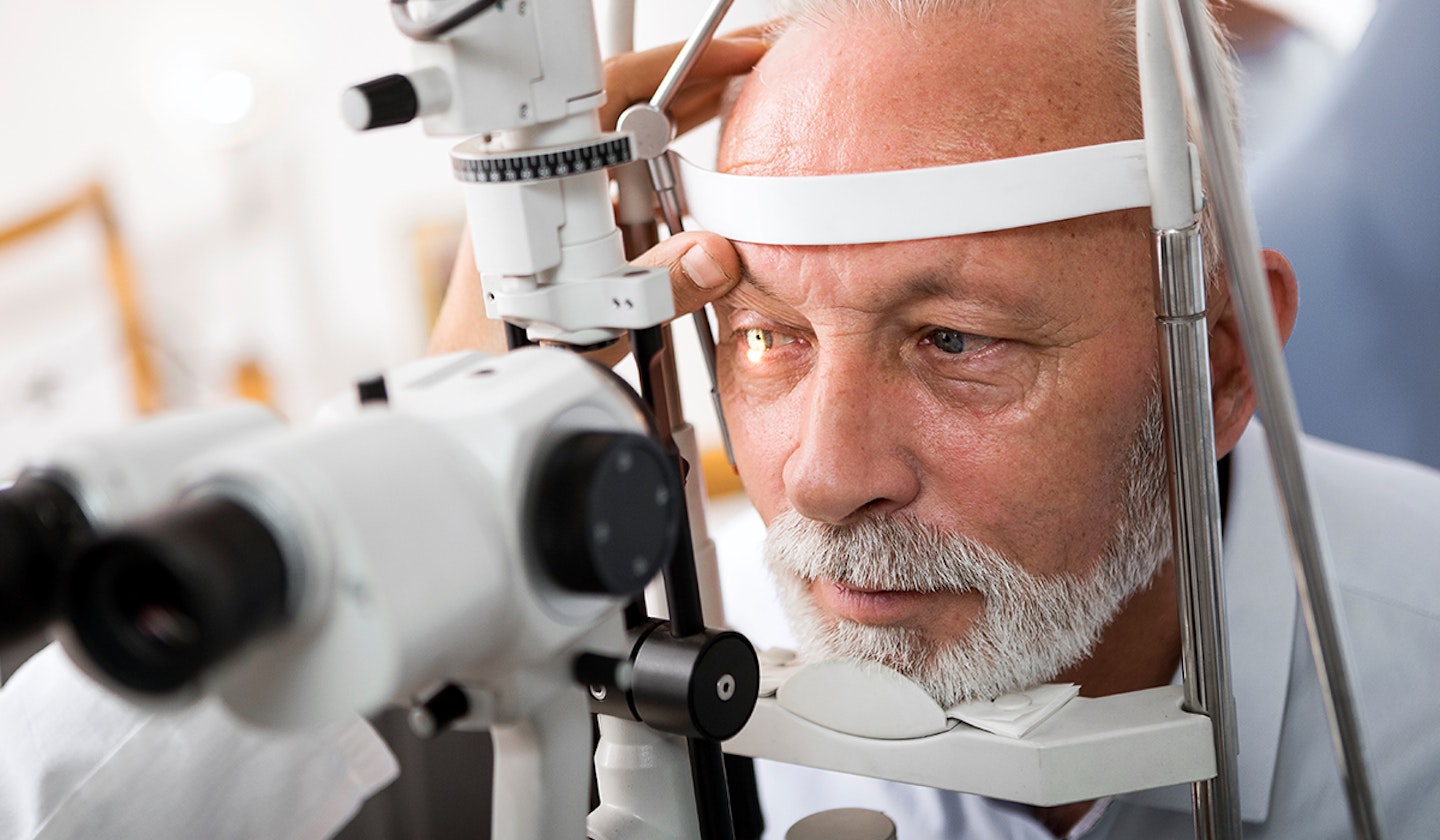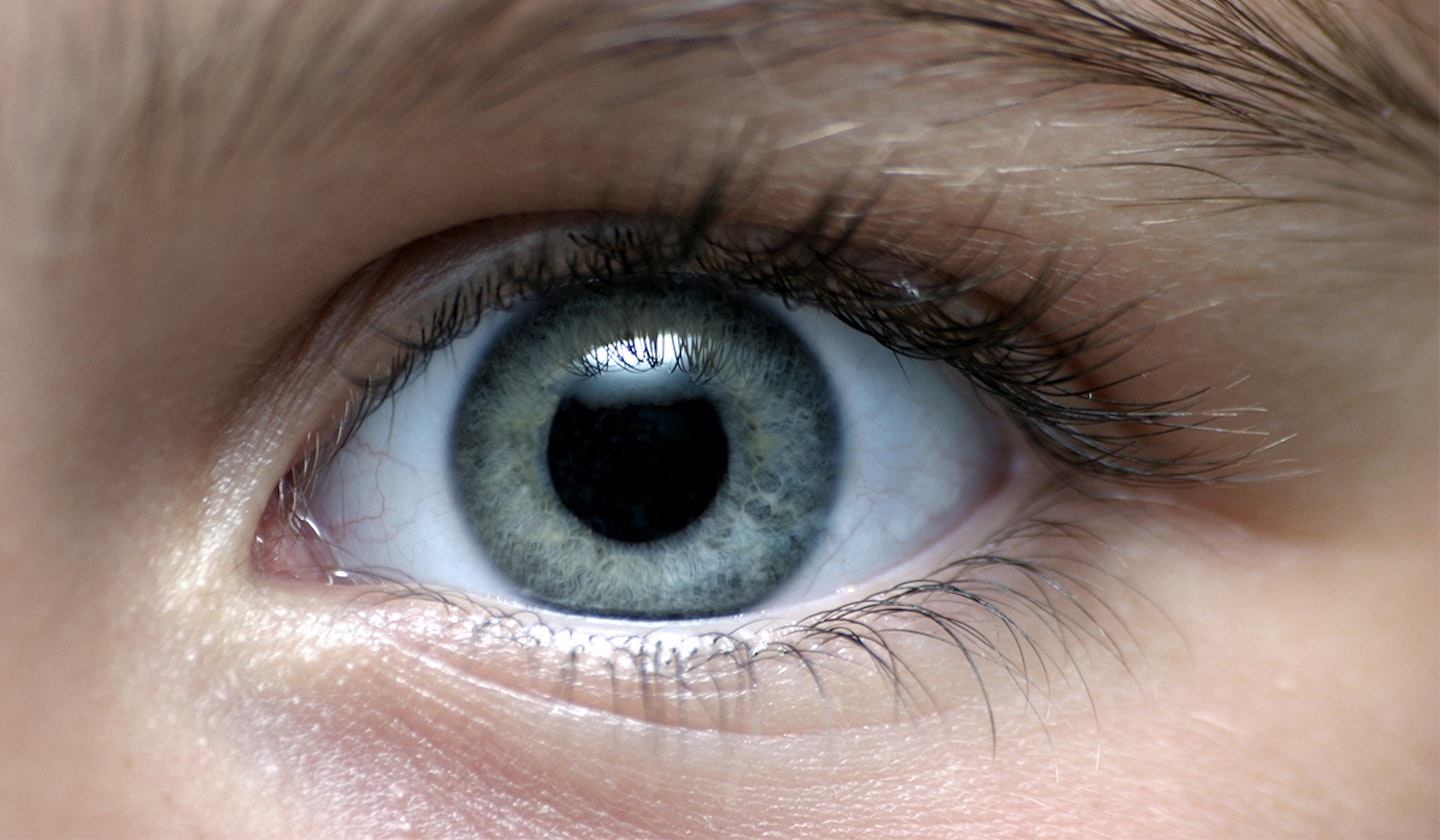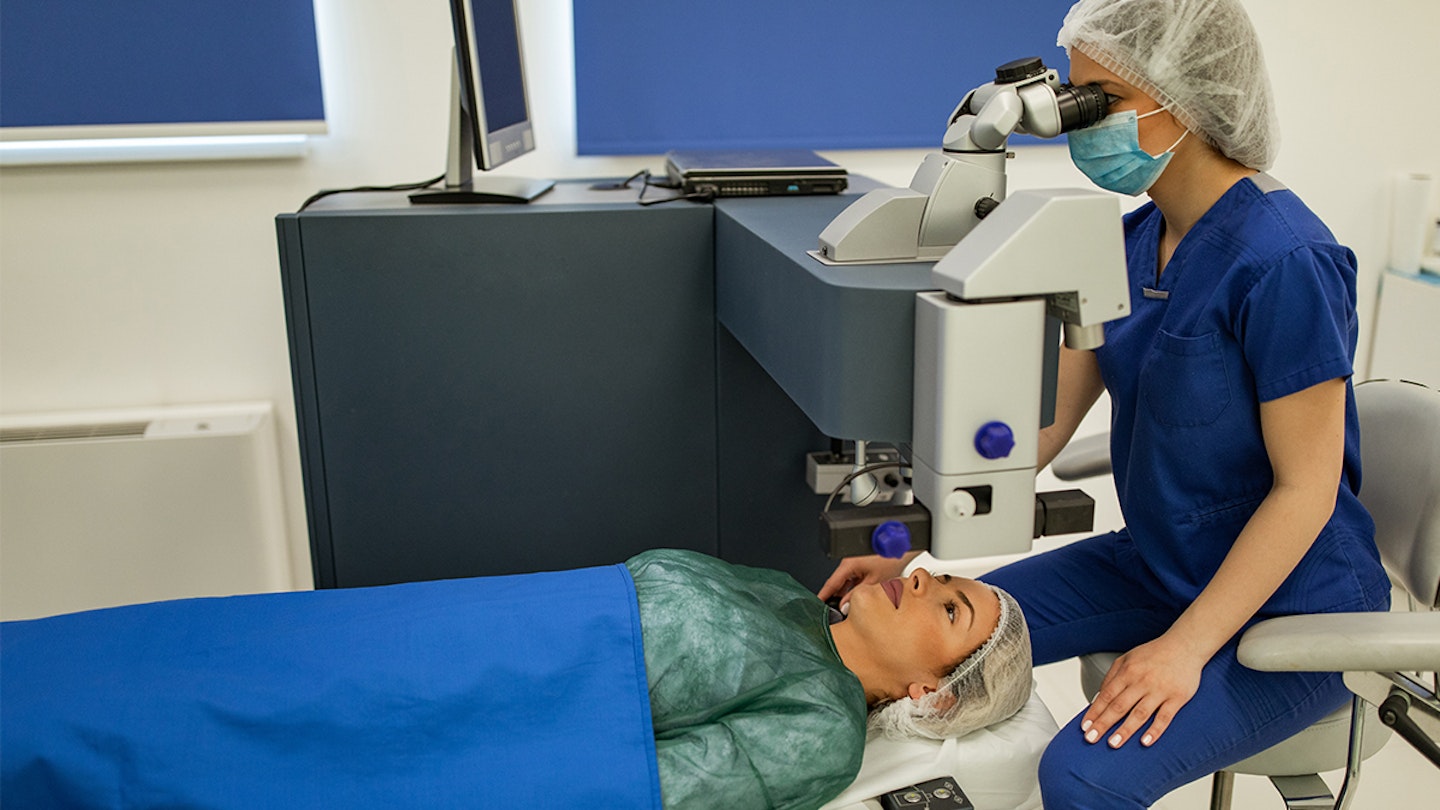If you wear glasses, you'll know that it can get a bit frustrating and limiting at times, which is why you may be considering laser eye surgery so you can ditch the specs. But what does it actually entail? And how much will it set you back?
We spoke to Ali Mearza, consultant laser eye surgeon at OCL Vision to find out more.
What is laser eye surgery?
Laser eye surgery is a broad term used to describe a collection of procedures. It is commonly used to correct short-sightedness (myopia), long-sightedness (hypermetropia), astigmatism and reading vision problems (presbyopia).
Different techniques, and often different types of laser, are used to correct each condition. Most involve using a very fine laser to reshape the cornea and adjust the focus of the eye.
Who is it suitable for?
Most people are eligible for laser eye surgery but there are a few exceptions of people for whom the procedure is not suitable. People under the age of 18 are advised not to undergo laser eye surgery, as their eyes are still in the process of changing naturally before they settle in adulthood. Pregnant women should also avoid laser eye surgery, as eyesight is commonly affected by pregnancy, so it is more practical to wait until after they have given birth.
Certain eye conditions such as blepharitis make you more prone to infection after laser eye surgery, while people with some conditions such as diabetes and epilepsy should seek further medical advice before considering treatment. It’s also worth making sure that your vision prescription has kept stable in the years before undergoing surgery.
Is laser eye surgery safe?
When done by a professional eye surgeon, not only is laser eye surgery safe but it is painless due to the application of anaesthetic drops.

What does it involve?
The most common type of laser eye surgery is LASIK, with over 90 per cent of patients being suitable. A flap is created in the cornea and reshaped underneath to suit the patient’s needs.
LASEK, also known as advanced surface ablation, is an alternative to LASIK for patients who have thinner corneas. The main difference with the procedure is a flap is not created, so reshaping takes place after removing the top layer of the cornea which then needs to regenerate, resulting in recovery time taking longer.
Other types include SMILE, presbymax and blended vision. The best choice for you will depend on your own individual eye health, medical history and personal preferences.
What happens on the day?
The surgeon will typically talk you through the pre-op process and make sure your mind is at ease before you go into surgery, though it’s completely normal to feel some nerves.
In the surgery itself, the surgeon will then use a combination of two lasers to correct your vision during the LASIK procedure (one to create the flap and the other to reshape the cornea) or just one laser if you are having a surface laser procedure or SMILE.
Anaesthetic drops are used to completely numb the surface of the eye, so you won’t feel any pain. Both eyes are treated at the same time and the whole procedure typically takes around 10-15 minutes from start to finish.
When will I see the effects?
Your eyes will start healing as soon as the procedure is over and you should see your vision improve almost immediately. You will be able to see things much more accurately but there may be a little blurriness shortly after surgery while your eyes stabilise. This usually goes quickly and patients will generally see the full benefits 24 to 48 hours after the surgery. With surface laser treatment (LASEK), the visual recovery is longer, with most people reaching the driving standard within a week of surgery.

What are the risks?
Laser eye surgery is one of the safest operations available today and screening is always done prior to the procedure to avoid any adverse effects. With modern technology, the risk of laser eye surgery is less than the risk of wearing contacts for life. Dry eye can sometimes occur afterwards, but proper precautions are taken to avoid this and your consultant will advise on treatment if this does happen.
If the desired correction is not achieved on the first attempt, an enhancement procedure may be required but this is uncommon with most prescriptions at less than 2 per cent.
There are other risks but most things can be managed without any detriment to eyesight if recognised and treated appropriately.
How much does laser eye surgery cost?
This varies based on the complexities of the individual’s vision correction, but prices for laser eye surgery can vary from £1,500 to £2,500 per eye.
